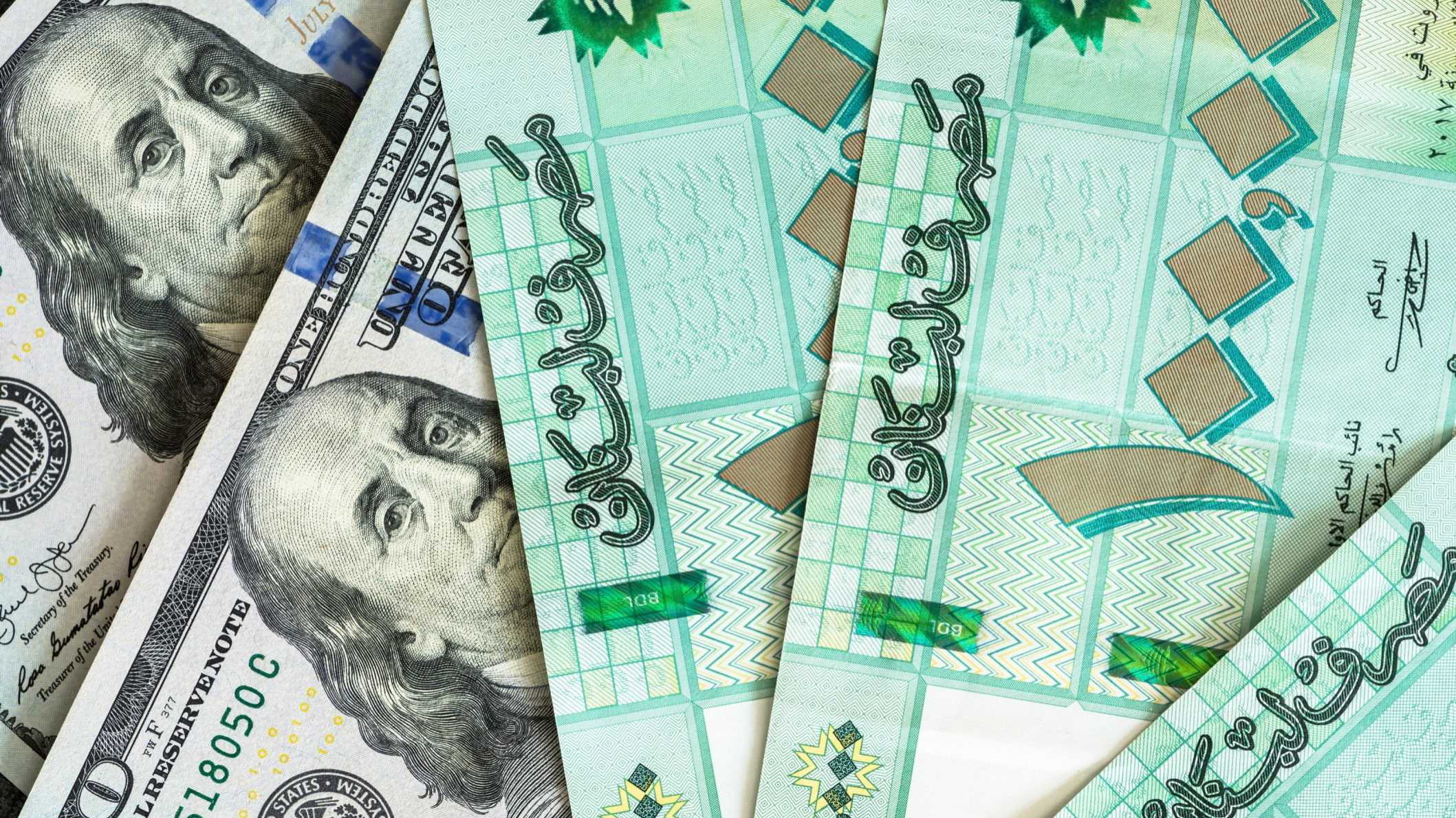Beirut, Lebanon–The Lebanese pound on Wednesday hit a record low against the dollar on the black market, as the country’s grinding political and economic crises show no signs of abating.
The pound has lost more than 95 percent of its value against the greenback since the start of the economic crisis in 2019.
On Wednesday, it was trading over 75,000 to the dollar, compared with 60,000 at the start of the month, according to websites monitoring the exchange rate.
The depreciation has already translated into a surge in fuel prices in a country where 80 percent of the population lives below the poverty line, according to the United Nations.
In 2021, the Lebanese authorities lifted subsidies on fuel and key products such as wheat and medicines.
Also read: Lebanon set to adopt new official exchange rate: central bank source
In response to the latest price hikes, dozens of taxi drivers on Wednesday blocked the road in front of the interior ministry in Beirut to protest their falling income.
The average fare for a taxi trip is now about $1.30.
“We’re strangled by the collapse of the pound,” said Rabie Farah, who has been a cab driver for 12 years.
“My income is not enough to even buy fuel,” said the 33-year-old. “Rent for my house is $300, let alone food and drink. Where can I get this money?”
In the past few days, supermarkets have even stopped putting price labels on food items because of the constantly skyrocketing prices.
According to the World Bank, Lebanon’s crisis can be classed among the world’s worst since the mid-nineteenth century.
The situation is exacerbated by the power vacuum left behind as the country’s legislature has for months failed to fill the post of president.
The International Monetary Fund had announced last April an agreement in principle for a $3 billion bailout for Lebanon spread over four years, but conditional on implementing crucial reforms.
But the global lender has since criticised the slow pace of reforms in Lebanon, demanding more be done to change banking secrecy laws and restructure the sector.

